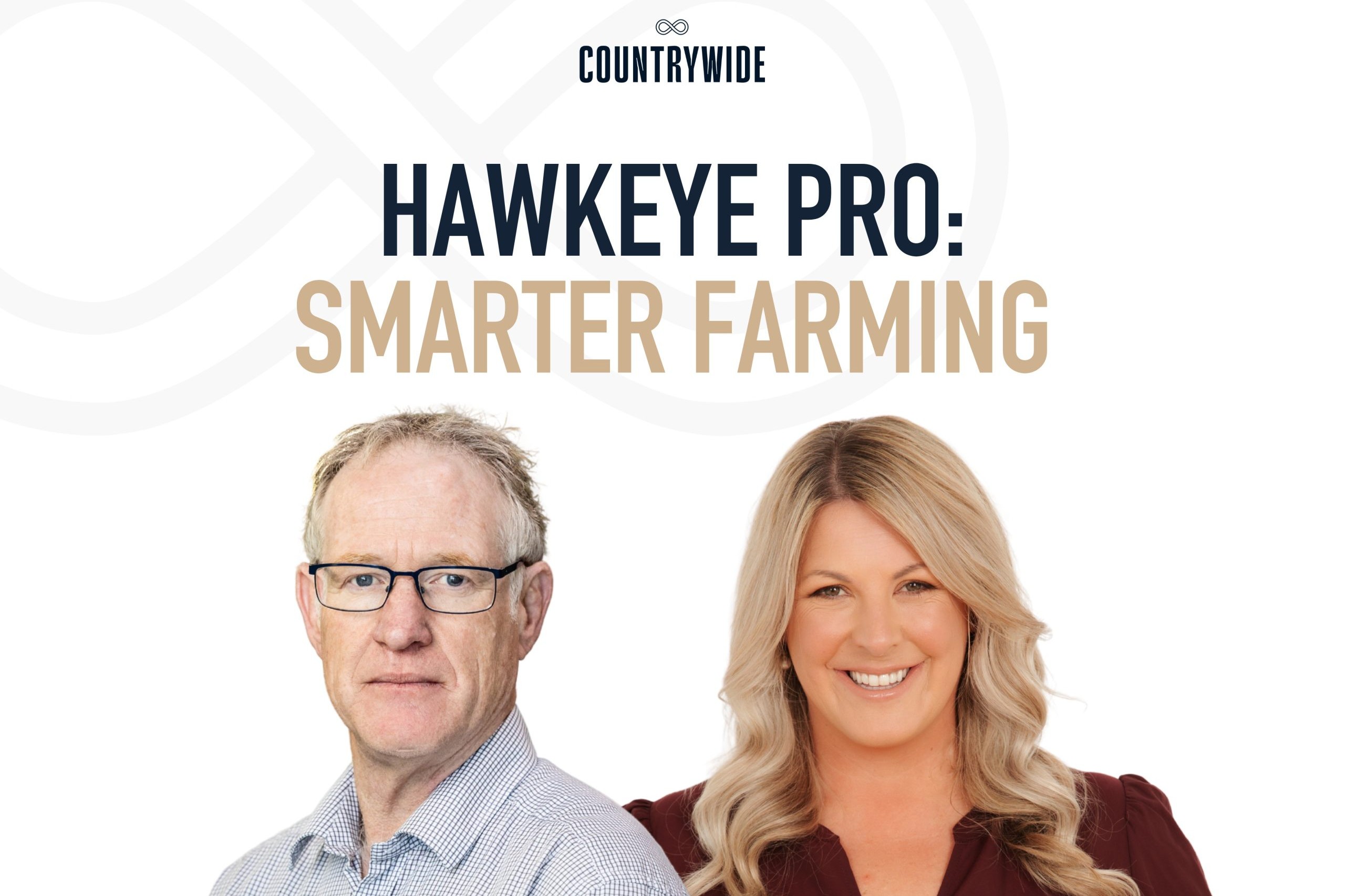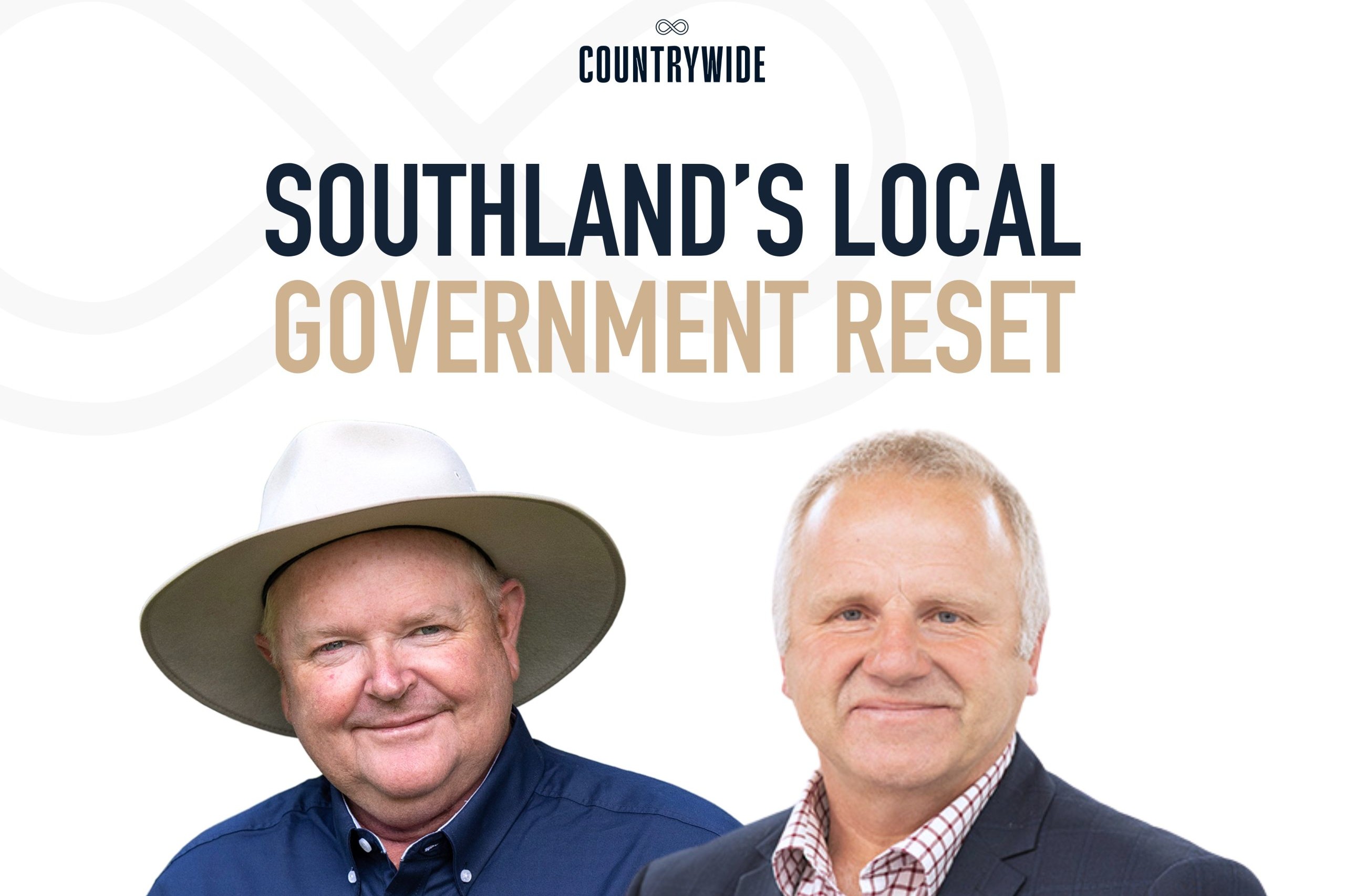Episode 64 – Gene editing in agriculture: Navigating risks and regulation
In this episode, Sarah Perriam-Lampp speaks with two professors with expertise in gene editing about New Zealand’s proposed gene editing legislation. Professor Jack Heinemann discusses why the concerns about the details of the Gene Technology Bill are crucial for the likes of Fonterra. He highlighted risks around traceability and the increased level of compliance for farmers and the potential limitations of trade access.
Professor David Williams, with his expertise in gene editing, warns of potential unintended consequences and GMO contamination, advocating for a robust regulatory framework to safeguard farmers and the environment. Together, they explore the need for careful oversight in the evolving field of gene editing at the Bill works through the submission process.
Guests:
- Professor Jack Heinemann, School of Biological Sciences, University of Canterbury
- Professor David Williams, Lab Director, University of California, Los Angeles
Host:
- Sarah Perriam-Lampp, CEO and Editor-in-Chief, Country-Wide
With a background in genetic engineering and decades of experience in biosafety, Professor Jack Heinemann leads the Centre for Integrated Research in Biosafety at the University of Canterbury. He has advised international bodies including the UN and served as an expert consultant to governments on gene technology regulation.
In this interview, Jack discusses the potential impacts of New Zealand’s proposed gene editing legislation. He highlights concerns raised by industry players like Fonterra and meat processors about the bill’s deregulatory approach, particularly around traceability, compliance, and trade risks. Jack explains why the draft legislation may leave exporters exposed to non-tariff barriers and environmental uncertainty.
He also explores how the changes contrast with international norms, describing New Zealand’s direction as more radical than even Australia’s. Jack calls attention to the lack of consultation with a broad base of scientists and the potential biosecurity risks of unregulated gene editing, including accidental contamination or sabotage. He stresses the importance of science-based, precautionary frameworks to maintain trust, safety, and trade integrity.
With a background in ophthalmology and neurobiology, David Williams is a professor at the University of California, where he conducts cutting-edge research in gene editing. Having grown up on a sheep and beef farm in Banks Peninsula, David’s rural roots fuel his concerns about the regulatory frameworks surrounding gene editing technologies in agriculture.
David explains that his work focuses on using gene editing for treating inherited human diseases like blindness and deafness, but he has reservations about the deregulation of gene-editing technology in farming. He warns that the proposed GMO bill, which aims to exempt certain gene-edited organisms from regulation, could lead to unintended consequences. He stresses that while gene editing is precise, it can also have unforeseen effects that need to be carefully regulated.
He also points out the risks to farmers who may be held responsible for unintentional GMO contamination, without any accountability for the producers of gene-edited organisms. David highlights the importance of ensuring that proper safeguards are in place to protect both the environment and the integrity of farming operations. With careful regulation and oversight, David believes gene editing technology can be used responsibly, but not without a well-structured framework that prioritises safety and fairness.




